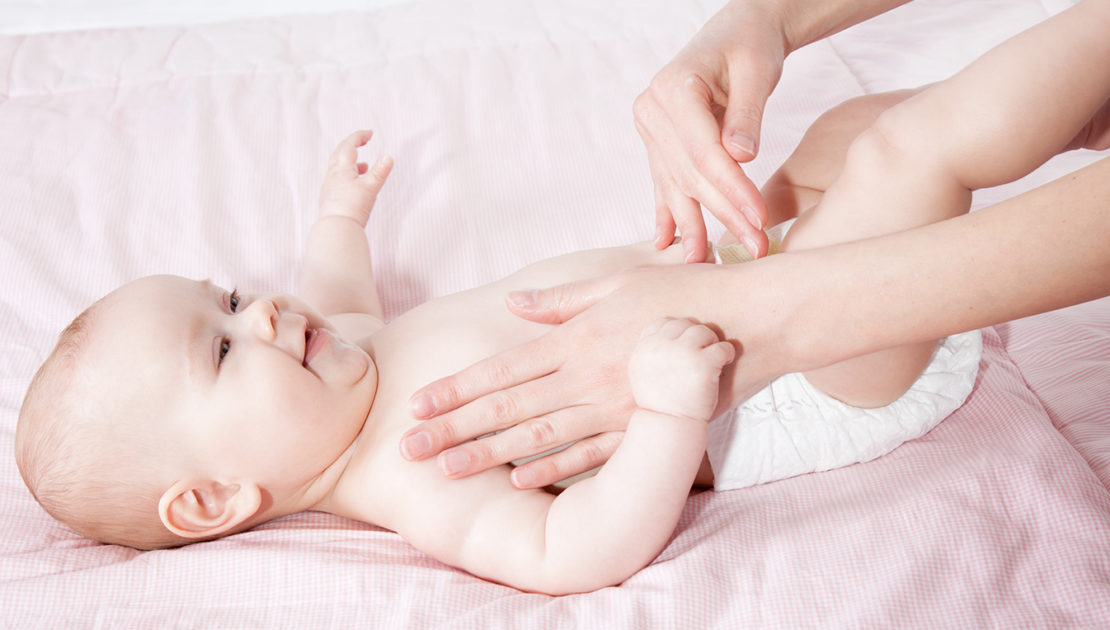

Skin Care And Maintenance
Historically, skin was one of the last things a parent would concern themselves with. Yes, baby’s skin needed more respect, but all in all it was easy to maintain.
But times have changed and climate, pollution and the environment mean that skin is not as robust as it used to be:
- • In the UK, 1 in 5 under fives suffer atopic eczema, leading to 3% of the adult population having medically diagnosed eczema
- • 82% of parents believe their children have sensitive skin, whilst 57% of children have some sort of skin irritation/condition
And now more than ever, parents are aware of ingredients that you should avoid when looking for baby skincare products – parabens, SLSs, artificial colours and mineral oils. And there is also a move towards more natural and organic products. Understanding the difference between adult and young skin can help understand how to help prevent irritation – from nappy rash to eczema.
The skin is the body’s largest organ. It’s the first line of defence against dehydration. Healthy skin cells are plump with water. This allows them to pack tightly against each other and form an effective barrier. The pH of adult skin is 5.5. This ‘acid mantle’ repels harmful microorganisms and toxins. It also protects from infections, allergens and dehydration. Underneath the acid mantle, there’s the ‘stratum corneum’. This works as a barrier to shield tissue beneath. Cells in the stratum corneum contain keratin, a waterproofing protein that gives skin its strength and flexibility.
Why baby skin is different
Inside the womb, the skin’s protective qualities aren’t needed. This is because baby is shielded from the bacteria and toxins of the outside world. After birth, baby’s skin gradually adapts to protect itself, but it needs particular care. Baby skin doesn’t yet have an acid mantle. They’re born with a skin pH of 6.5 which gradually reduces to 5.5. But their acid mantle doesn’t fully work until they’re about 3 months old. Baby skin is also up to 10% thinner than adult skin. It’s got a higher water content, but it loses this water more quickly. This is because babies have less keratin than adults, so their skin is more fragile and prone to drying out.
The importance of moisturising
Because baby’s skin is more delicate and less resistant to bacteria, it can be easily irritated and exposed to harmful substances in the environment. It loses water quickly, so regular moisturising is important to keep it hydrated and protected.
How often and when to moisturise
Moisturise normal, healthy skin after every bath, shower, splash-about session and visit to the swimming pool. Moisturise dry areas at least once every day – and then as often as you feel necessary. You don’t have to lather on loads of product — just the amount the skin can absorb.
Which products should you use?
Look for products that are as natural as possible, and have been specifically made with baby’s delicate skin in mind. Babies are particularly vulnerable to the chemicals found in many products. These can be easily absorbed through the skin and may cause your baby harm. Avoid products which contain:
- • Parabens: this is a preservative that has been linked to hormone disruption, skin irritation, breast cancer, fertility problems and early-onset puberty
- • Mineral oil: a by-product of the distillation of petroleum mixed with fragrance, it acts as a plastic wrap on the skin, limiting its ability to release toxins
- • Phthalates: commonly found in baby products, these chemicals are also used to soften plastic! Readily absorbed through the skin, they have been linked with breast cancer, birth defects, miscarriage and early-onset puberty
Always patch test
Before using any new product on your baby, always do a patch test first. Put a fingertip of product behind baby’s ear or on the inside of their elbow and wait 24 hours. If there’s no reaction, the product is safe to use. If, however, your baby’s skin shows any sign of redness or irritation, please don’t use it as they may be sensitive to it.